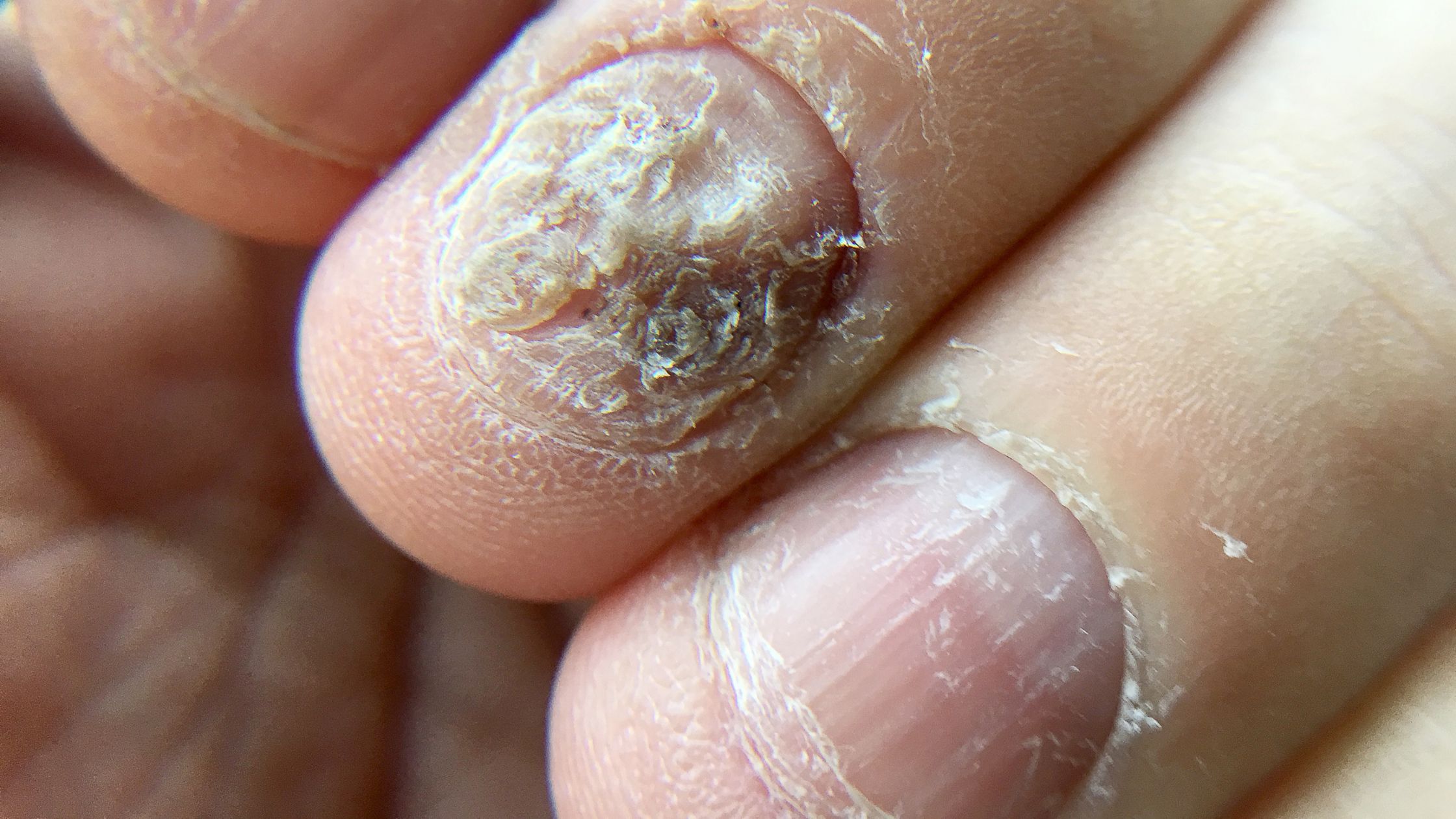10 Antifungal Foods To Fight Your Candida
If you’re dealing with Candida, you’re not alone. Candida overgrowth can cause a lot of discomfort, but the good news is that you can manage it with the right diet. In this article, I’ll share ten antifungal foods that can help you fight Candida. These foods are not only effective but also delicious. Let’s dive in!

Garlic Is a Potent Antifungal Agent
First on our list is garlic. This small but mighty food is packed with allicin, a compound known for its antifungal properties. Garlic can help reduce the growth of Candida and is easy to incorporate into your meals. Whether you add it to your soups, stews, or salads, garlic can give your dishes a flavorful kick while helping you combat Candida.
Coconut Oil Can Help Combat Candida
Next up is coconut oil. This oil contains caprylic acid and lauric acid, both of which have antifungal properties. Coconut oil can help disrupt the cell walls of Candida, making it easier for your body to eliminate it. You can use coconut oil for cooking, baking, or even as a spread. Plus, it adds a tropical flavor to your dishes.
Ginger
Ginger is another powerful antifungal food. It’s not just for settling your stomach; ginger can also help fight Candida. It contains gingerol and shogaol, which have antifungal effects. You can use fresh ginger in your cooking or make a soothing ginger tea. It’s a great way to add some zing to your meals while keeping Candida at bay.
Apple Cider Vinegar Restores Your pH Balance
Apple cider vinegar (ACV) is known for its many health benefits, and fighting Candida is one of them. ACV helps restore your body’s natural pH balance, creating an environment where Candida cannot thrive. Adding a tablespoon of ACV to a glass of water and drinking it before meals can be beneficial. Just make sure to choose raw, unfiltered ACV for the best results.
Turmeric
Turmeric is a golden spice that’s famous for its anti-inflammatory properties, but it also has antifungal effects. Curcumin, the active compound in turmeric, can help inhibit the growth of Candida. You can add turmeric to your curries, soups, or smoothies. Its earthy flavor and vibrant color can enhance your dishes while fighting Candida.
Cinnamon
Cinnamon also has antifungal properties. This spice contains cinnamaldehyde, which can help fight Candida. You can sprinkle cinnamon on your oatmeal, yogurt, or even in your coffee. It’s an easy and delicious way to keep Candida in check.
Cloves
Cloves may be small, but they’re packed with eugenol, a compound with powerful antifungal properties. Cloves can help reduce Candida overgrowth and are often used in cooking and baking. You can add ground cloves to your dishes or make a clove tea for a warming, antifungal beverage.
Lemon
Lemons are another great food to help fight Candida. They are rich in citric acid, which has antifungal effects. Lemon juice can help restore your body’s pH balance and support your immune system. You can add lemon juice to your water and salads or use it as a seasoning for your dishes. It’s a simple way to boost your antifungal diet.
Olive Oil
Olive oil is not only a healthy fat but also an antifungal agent. It contains oleuropein, which has been shown to inhibit Candida growth. Using olive oil in your cooking, salads, or as a dip for bread can help you incorporate this antifungal food into your diet. Plus, it adds a rich, delicious flavor to your meals.
Pumpkin Seeds
Last but not least, pumpkin seeds are a fantastic antifungal food. They contain cucurbitacin, which has antifungal properties. Pumpkin seeds make a great snack or can be added to your salads, oatmeal, or baked goods. They’re not only tasty but also help you fight Candida.
To Sum Up
Fighting Candida doesn’t have to be a daunting task. By incorporating these ten antifungal foods into your diet, you can effectively manage Candida overgrowth. Garlic, coconut oil, ginger, apple cider vinegar, turmeric, cinnamon, cloves, lemon, olive oil, and pumpkin seeds are all powerful allies in your battle against Candida.
Remember, it’s not just about eating these foods but also maintaining a balanced diet and healthy lifestyle. Drink plenty of water, get enough sleep, and manage your stress levels. These small changes can make a big difference in your overall health.






